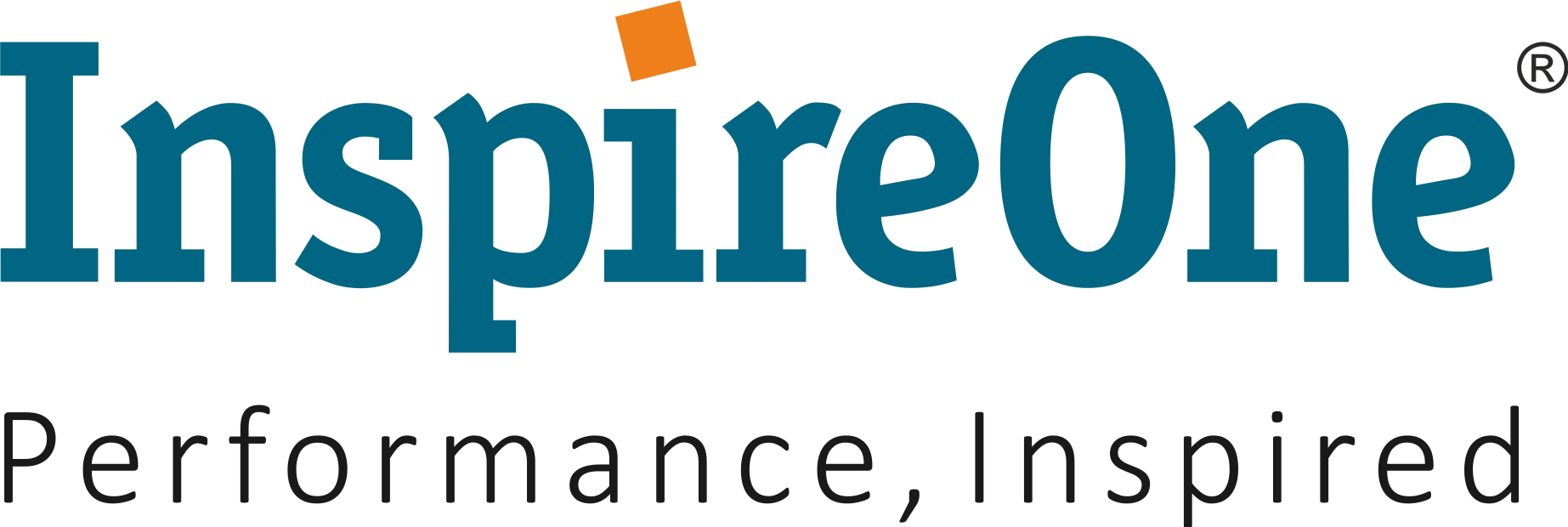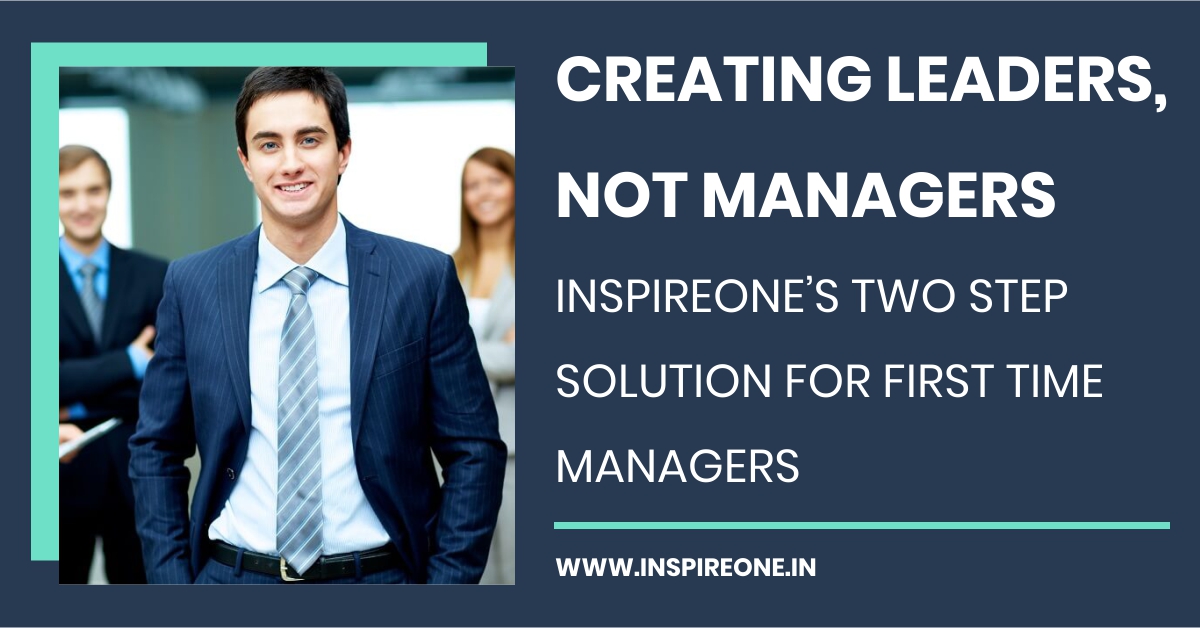According to a research study, 87 percent of first time managers wish they were given the chance to learn and progress when they first assumed their role, and nearly half of new managers felt they were unprepared for their position. The need to therefore, prepare a manager for the new role and continuously revisit developmental needs to achieve the performance metrices has emerged as a critical area in learning and development. The pandemic has also contributed towards increased focus in managerial effectiveness while working from home.
In a research study, it was found that the first time/line managers comprise the largest pool of managers in any organization and supervise upto 80% of the workforce. The top three leadership challenges for first-time managers, mentioned by at least 40% of respondents, were
- leading team achievement (43.4%)
- managerial and personal effectiveness (46.1%), and
- people management/displaying authority / influence (59.3%).
In our 20 years of experience in the area of people development, we have worked closely with the transitioning managers and first-time leaders and helped organizations to develop key managerial skills required at these levels. We can speak from our experience that, the challenges for an individual transitioning into the first time managers role and a tenured first time managers issues are different.
Individuals who are selected to move into the first time manager role, are seen struggling with the challenges of transition, the expectation of the new role and the changed performance metrices. The developmental delta gap for a tenured first time manager on the other hand, arises in their performance/ managerial effectiveness and the competencies required for the role.
Therefore, we believe that a differentiated approach is required to address the two needs to make leaders out of our managers.
The Two- Step process:
We look at developing the first time managers as a two- step process towards enabling first time managers to be effective leaders.
Step 1: For the first time managers transitioning into the new role, the critical need is to handhold and prepare people for the transitioning process – for both emotions and skills. The focus on development is on understanding oneself – awareness of one’s strength and development areas to build confidence to take on a managerial role, understanding of the new role and the responsibility attached to it is pivotal, setting expectations on the new performance metrices and empowering individuals with tools and skills to prepare for the new managerial role.
Step 2: Tenured first-time managers who have already completed step 1 and have been in the first time managerial role for 12 – 18 months, the major role deliverables lie in the area of effectively managing people and driving team results. Post the pandemic, a key challenge for tenured FTMs have also been around developing capabilities of managing, motivating and delivering team results virtually. The focus of our solution at this stage is on skills required to manage team performance and achievement of team deliverables.
We are currently working with large international IT ITES organizations as well as traditional Indian manufacturing conglomerates. For both types of organizations, we are doing a development initiative with their first time managers. The priority for both these organizations is on developing key capabilities for first time leaders. However, based on organizational priorities of development, the key focus on competencies differ. The completely virtual blended solutions are spread across six months with applications assignments to help apply the learnings in real life scenarios. The organizational benefits for the initiative both for the participants and the organization are being acknowledged and the impact is being felt.
In 2020, the world has gone through unprecedented changes. The pandemic has impacted businesses, and economy at large. As organizations are still battling with the challenges of dealing with managing people virtually, the responsibility on the learning and development industry to constantly look at innovative ways to make learning stick is critical. With our Making Learning Stick Framework, we have successfully paved our way in delivering completely virtual as well as blended solutions at scale where participants are highly engaged and going back with valuable learnings.
References:
Retrieved from: https://www.businessnewsdaily.com/6456-new-manager-tips.html
Hassan, F. (2011). The Frontline Advantage. Harvard Business Review.
Retrieved from: https://hbr.org/2011/05/the-frontline-advantage







